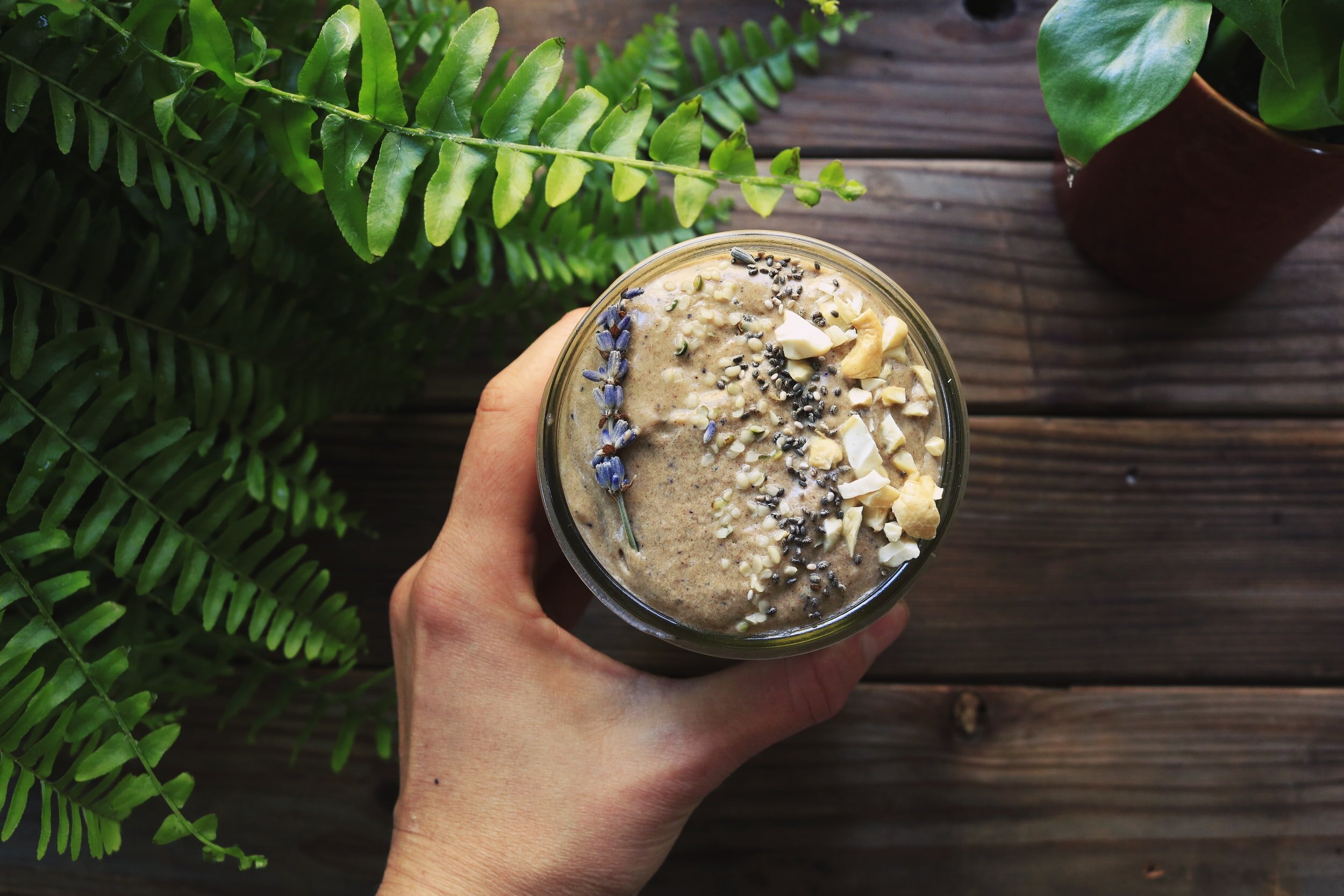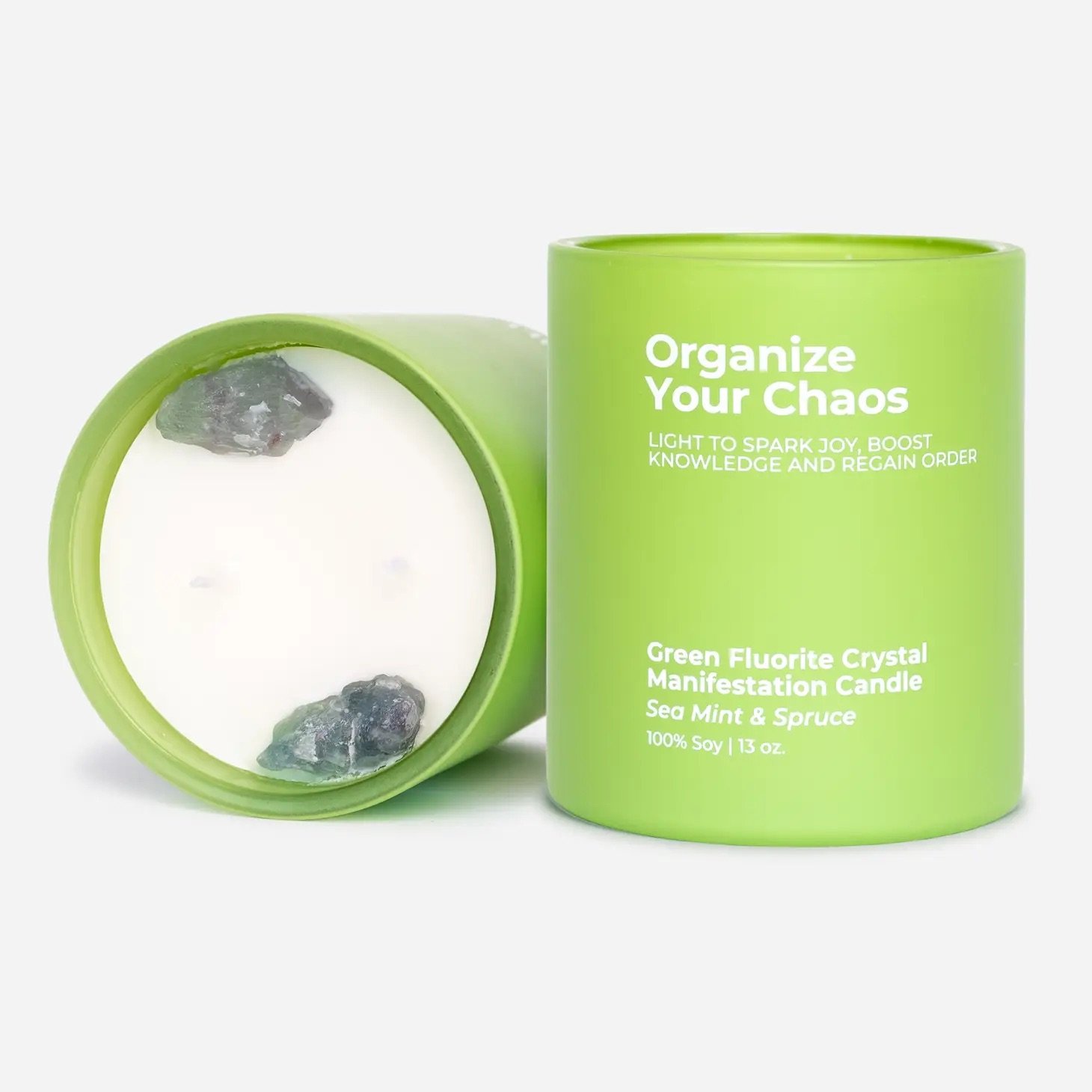Is There A Link Between HRT & Breast Cancer?
In the UK, approximately 55,000 women are diagnosed with breast cancer every year which equates to a woman in the UK being told every 10 minutes she has breast cancer.
There are many risk factors associated with breast cancer, from genetics to the contraceptive pill, being overweight/obese and alcohol consumption. Another risk associated with breast cancer is HRT. Dr Marion Gluck, founder of The Marion Gluck Clinic, explores the myths around HRT causing breast cancer
So why is HRT associated with breast cancer?
Women are often concerned that hormone replacement therapy itself is the cause of breast cancer but this is not the case. It's how the estrogen is metabolised in the body, and an accumulation of estrogen that increases one's risk.
To put it simply, every individual metabolises estrogen in the body by detoxification processes in the liver and then excretion via the urine and stool. How each individual metabolises estrogen can vary due to genetic and lifestyle factors. When estrogen is broken down, it gets turned into metabolites. Some of these are considered to be ‘good' or protective (2-hydroxyestrone) and others ‘bad' or toxic (4-hydroxyestrone and 16-hydroxyestrone). Research shows that women with more of the ‘bad' metabolites have a higher risk of breast cancer than women with more of the ‘good' metabolites.
It's essential that the body excretes the estrogen metabolites effectively to prevent an accumulation of estrogen in the body. If the body doesn't excrete the estrogen metabolites efficiently, they are absorbed back into the bloodstream, resulting in a build-up of estrogen (estrogen dominance), which can increase breast cancer risk and can have a negative impact on health.
Studies show…
Since the results of the Women's Health Initiative Study were published in 1991, HRT knowledge and practice have thankfully changed and treatment methods have evolved with doctors now prescribing estradiol via the skin (shown to be much safer than the estrogen tablets with regards to other risks of clotting or stroke).
Moreover, later studies found that the association between HRT and this slight increased risk of breast cancer varied by type of progestin used. Synthetic progestins (also referred to as progestogens) are used to protect the lining of the womb against estrogen (as using estrogen alone has an increased risk of endometrial cancer).
In September 2019, The Lancet reviewed 58 published and unpublished studies (the majority of which use conventional HRT in the form of oral synthetic estrogens and progestins) from between 1992-2018 and concluded that:
If a woman aged 50 takes combined HRT and is followed up 20 years later, the breast cancer risk goes up from 6.3% to 8.3% (a 2% increase). HRT increases breast cancer risk by 2%.
In the same scenario on estrogen-only therapy, the risk goes up from 6.3% to 6.8% (a 0.5% increase). Estrogen-only HRT increases breast cancer risk by 0.5%.
However, in their review, the Lancet did not include licensed bioidentical (also known as body identical) HRT formulations containing micronised natural progesterone. However, the small-scale studies that have been carried out show:
The breast cancer risk to be lower in women using the bioidentical form of progesterone. Natural progesterone inhibits estrogen stimulated breast epithelial cells and regulates estrogen alpha receptors in breast tissue. It may even arrest human cancer cells.
Evidence shows that if you used transdermal natural estrogen and oral micronised progesterone, the risk of breast cancer after 5 years is the same as the baseline (6.3%). There is limited evidence that estrogens combined with oral micronised progesterone for greater than five years has an increased breast cancer risk.
Top tips to lower your risk
There are many resources you can learn from to protect yourself and lower your risk for breast cancer.
Examine yourself
Examining yourself regularly for anything that is unusual to you - such as changes to skin, nipple area as well any lumps in the breast, armpit or chest area. Make sure you check yourself regularly and the habit is most likely to stick.
Exercise
Most importantly, regular exercise can half your risk of breast cancer and maintaining an optimal weight is crucial. Choose something small that you can do every day and build up. At menopause, resistance exercise is often more beneficial than arduous intensive and prolonged workout at the gyms. Regular exercise both significantly reduces the risk of breast cancer as well as reduces risks of recurrence after breast cancer treatment.
Look after your gut
Gut dysbiosis is an imbalance of the gut bacteria in the gastrointestinal tract, which is very common. Poor gut health can cause inactivated estrogen metabolites to become reabsorbed back into the blood, leading to an increase in estrogen levels and in turn influencing breast cancer risk.
Our top tips include:
Eat clean and organic where possible.
High fibre foods and wholegrains which promote gut motility and encourage elimination of estrogen via the bowel.
Opt for a low GI diet with lots of phytonutrients which are important for detoxification of estrogen in the liver.
Avoid dairy which can contain traces of estrogens.
Steer clear of alcohol which affects the detox pathways in the liver.
Get a good range of nutrients in your diet including: Omega 3, magnesium, zinc, selenium, and the whole range of B vitamins.
Eat plenty of cruciferous vegetables as they stimulate enzymes that help to lower estrogen and help form the ‘good' metabolites.
DIM is a supplement that can push the good estrogen pathways.
Calcium d glucarate can decrease the reabsorption of estrogen in the gut.
Incorporate ginger, garlic and curcumin into your diet for their inflammation reducing properties.
Green tea contains catechins which are polyphenols important in detoxification.


















